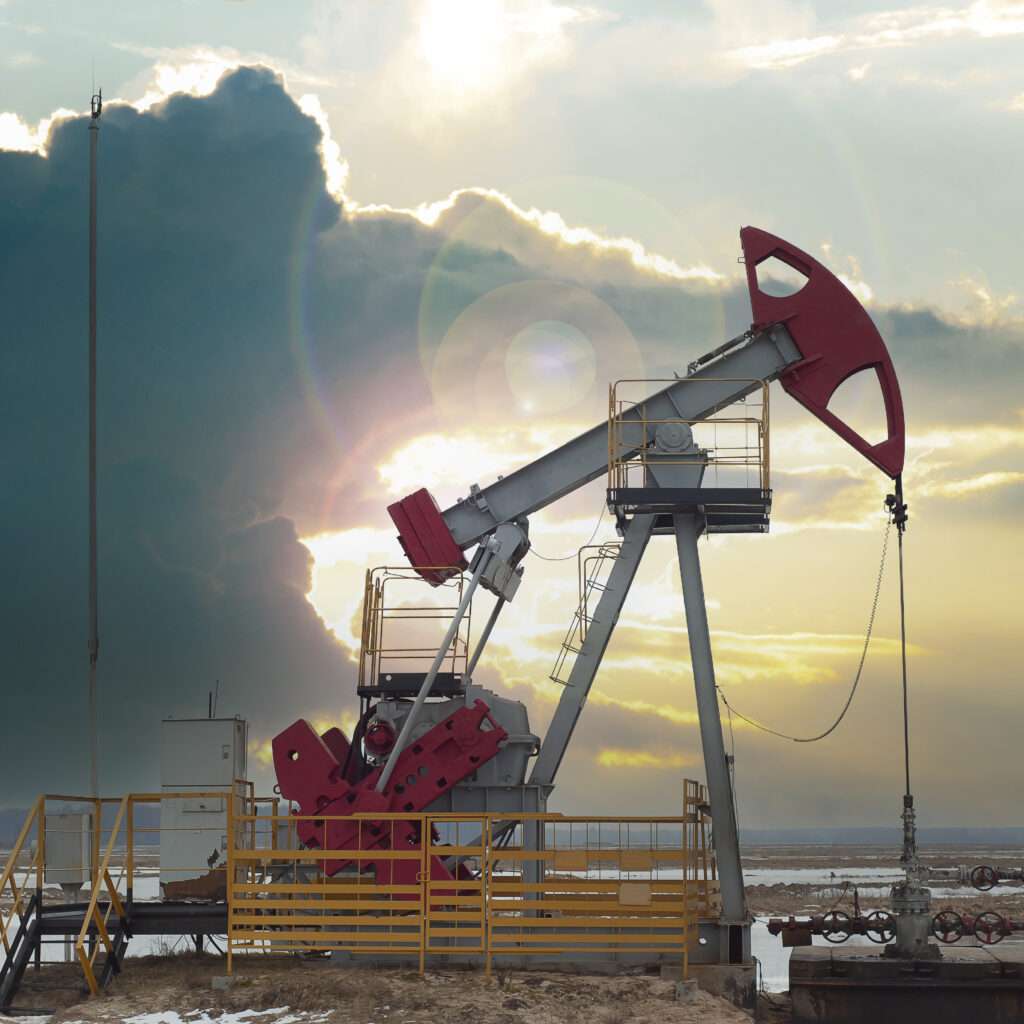Optimizing Warehousing and Logistics
Optimizing warehousing and logistics is crucial for businesses to improve efficiency, reduce costs, and enhance customer satisfaction. Here are our key strategies and best practices for achieving optimization in this area:
We Provide
Warehouse Layout and Design:
- Design an efficient warehouse layout to minimize travel time and maximize space utilization.
- Use vertical space effectively with racks and mezzanines.
- Implement a “goods-to-person” system, where items are brought to pickers rather than pickers searching for items.
We Provide
Automation and Technology:
- Invest in automation solutions such as conveyor systems, robotics, and automated storage and retrieval systems (AS/RS) to enhance efficiency in the warehouse.
- Utilize IoT devices, sensors, and RFID technology for real-time tracking and monitoring of inventory and assets.
We Provide
Inventory Management:
- Implement an ABC analysis to prioritize items for storage and picking.
- Use inventory management software to track stock levels, orders, and forecast demand.
- Set up regular cycle counts to ensure accurate inventory levels.
Order Picking and Packing:
- Implement a picking strategy such as batch picking, zone picking, or wave picking.
- Standardize packing procedures to minimize errors and reduce packing time.
- Use automation like conveyors and robots for repetitive tasks.
We Provide
Transportation Management:
- Optimize transportation routes and schedules to minimize delivery times and reduce fuel costs.
- Consider using a transportation management system (TMS) for route planning and optimization.
- Collaborate with third-party logistics providers (3PLs) to expand transportation capacity as needed.
Data Analytics and Technology:
- Leverage data analytics to monitor and improve warehouse and logistics performance.
- Implement a warehouse management system (WMS) and integrate it with an enterprise resource planning (ERP) system for real-time tracking and reporting.
- Invest in IoT sensors and RFID technology to track inventory and assets.
We Provide
Forecasting and Demand Planning:
- Use historical data and market analysis to forecast demand accurately.
- Adjust inventory levels and transportation plans based on demand fluctuations.
- Collaborate closely with suppliers to ensure timely replenishment.
Supplier and Vendor Relationships:
- Maintain strong relationships with suppliers and vendors to secure on-time deliveries and favorable terms.
- Implement vendor-managed inventory (VMI) to allow suppliers to manage and replenish stock.
We Provide
Continuous Improvement:
- Conduct regular performance reviews and identify areas for improvement.
- Encourage a culture of continuous improvement and employee involvement in optimizing processes.
- Regularly review and update your logistics and warehousing strategies to adapt to changing market conditions.
We Provide
Environmental Considerations:
- Implement eco-friendly practices like energy-efficient lighting, recycling, and sustainable packaging to reduce the environmental impact of warehousing and logistics operations.
We Provide
Risk Management:
- Have contingency plans in place for unforeseen disruptions like natural disasters or supply chain interruptions.
- Consider diversifying suppliers and transportation options to reduce risk.
By implementing these strategies and continuously monitoring and adjusting your warehousing and logistics operations, you can optimize efficiency, reduce costs, and enhance the overall performance of your supply chain, which can lead to increased customer satisfaction and improved competitiveness in the marketplace.
Industries
WHO ARE WE ADDRESSING?

AUTOMOTIVE
Stricter emission regulations worldwide require automakers to pivot towards cleaner technologies

CONSUMER ELECTRONICS
Balancing affordability with cutting-edge features poses a perpetual challenge, as consumers increasingly seek value for money

INDUSTRIAL AUTOMATION
Achieving a balance between cost-effectiveness and the integration of cutting-edge technologies is an ongoing concern

HEALTHCARE
Demographic shifts, including an aging population and a surge in chronic diseases, stress healthcare systems globally

OIL & GAS
The industry faces growing pressure to innovate and embrace digitalization for improved efficiency and sustainability

RENEWABLE ENERGY
The renewable energy industry grapples with intermittency, high upfront costs, and grid integration challenges on its path to widespread sustainability.
Do you have additional questions? Do not hesitate to contact us
Request a Call Back?
Should you have additional service needs or questions, we're always here to assist you.

